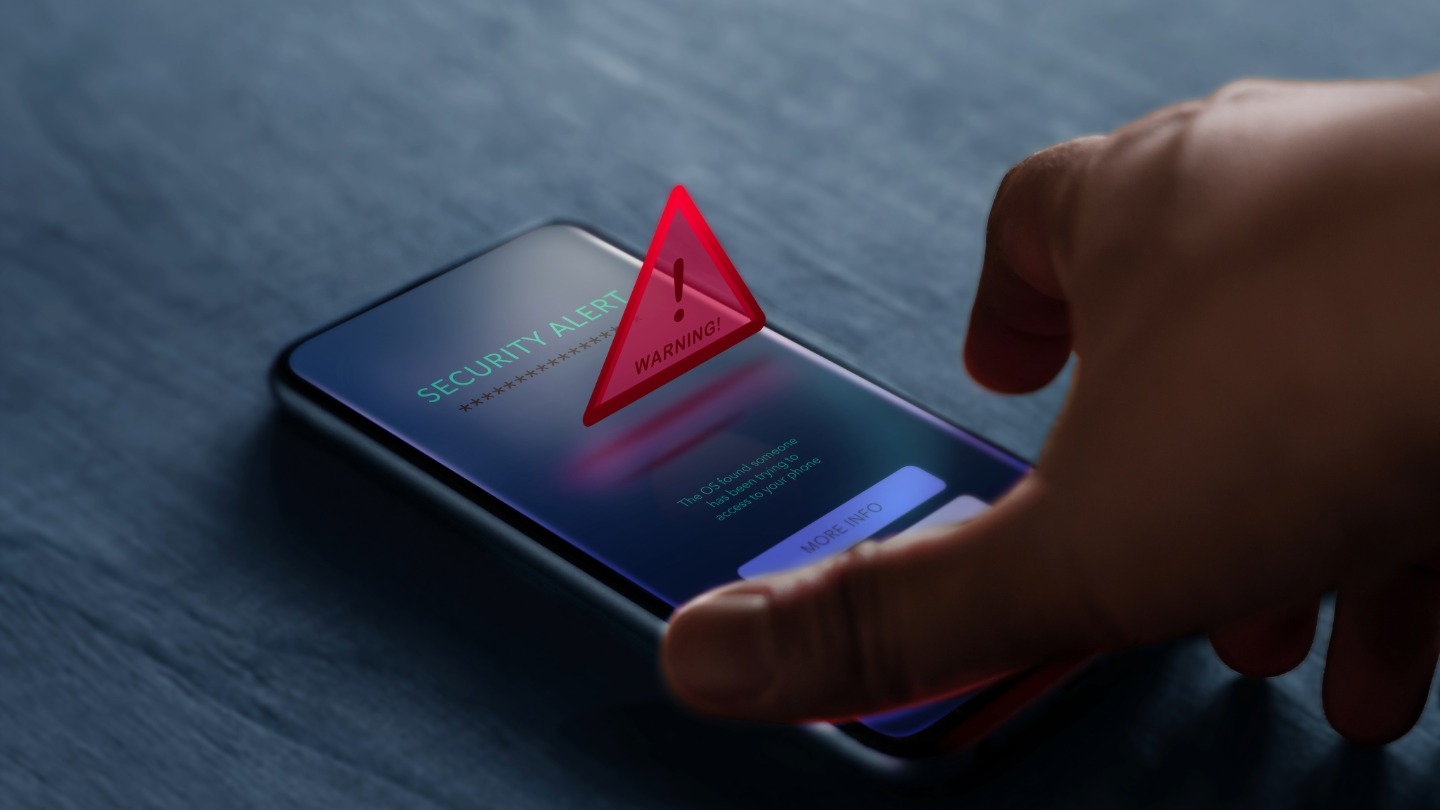
Credit report monitoring is a service that tracks changes on your credit report, including your credit scores and possible suspicious activity. It allows you to track your credit health, spot inaccuracies, and help you stay alert to possible signs of identity theft.
A credit monitoring service can allow you to receive alerts for activity such as new account applications, the opening of new accounts, and changes in your name.
In this article, we’ll cover:
- Why is Credit Report Monitoring Important?
- What Does Credit Report Monitoring Do?
- What Credit Report Monitoring Doesn’t Do
- Credit Report Monitoring Tips
Why is Credit Report Monitoring Important?
Here are some of the reasons why it’s important to monitor your credit report and credit scores.
Identity Theft Protection
When it comes to identity theft protection, credit monitoring is a helpful tool that can help you determine whether your information is being used fraudulently.
Identity theft-related fraud is the fastest-growing online crime in the world. As the internet becomes a bigger part of daily living, unfortunately, personal information is becoming increasingly vulnerable to cybercrime. Hackers target company databases for access to customer credit cards, Social Security numbers, and other sensitive information that can be used for financial gain.
With more than a billion records exposed by data breaches so far, millions of people are falling victim to identity theft every year. In fact, one in three Americans is a victim of identity theft.
With so much information up for grabs on the dark web, it’s difficult to prevent identity theft from happening. However, credit monitoring can help you discover suspicious activities early, so you can take steps to help protect yourself.
Financial Health
The better you manage your finances, the easier it is to reach your financial goals. Having strong credit can help you qualify for better loans, lower credit card interest rates, and lower mortgage interest rates, which can save you thousands of dollars in the long run. With credit monitoring, you can track your progress and identify areas that can positively impact your credit score to help make those big life transitions when the time is right.
What Does Credit Report Monitoring Do?
Your credit file contains information about your credit activity. You can see credit accounts you have open, how much debt you owe, whether you’ve been making your payments on time and your Personally Identifiable Information (PII). Credit monitoring can help allow you to keep track of all of this and alert you of activity such as:
- Hard inquiries on credit reports. These occur when financial institutions run credit checks after someone submits a loan or credit card application.
- New accounts opened in your name
- Payments and balances on your credit accounts
- Name changes or new addresses added to your credit file
- New public records such as information on court judgments and bankruptcies.
What Credit Monitoring Doesn’t Do
It’s important to keep in mind that credit monitoring notifies you of possible suspicious activity and helps you get in front of an identity thief. However, it does not completely prevent identity theft from happening.
- Here are things that credit monitoring does not do:
- Stop someone from applying for credit in your name
- Keep your PII safe from data breaches
- Stop phishing emails
Credit Monitoring Tips
Once you have decided to sign up for a credit report monitoring service, here are a few tips to keep in mind to get the most out of it:
Tailor your notification preferences
Tailor your notification preferences according to your lifestyle. For example, if you check text messages more than email, set your notification preference to text messages.
Apply a credit freeze
If you notice suspicious activity on your credit reports, you should consider applying a credit freeze. This prevents creditors from accessing your credit file. If they can’t access your credit reports, then they also can’t extend credit which prevents others from opening a new credit account in your name.
Place a Fraud Alert
A fraud alert is a notice on your credit report that notifies creditors that your information has been compromised. Placing a fraud alert adds extra steps to the identity verification process, making it more difficult for an identity thief to open a new account.
Act on suspicious changes
If you find something potentially fraudulent or inaccurate, don’t hesitate to take action. IdentityIQ services offer U.S.-based customer support that can help you through every step of the identity restoration process.
Credit Report Monitoring FAQs
Here are answers to some frequently asked questions about credit monitoring.
What are the three major credit monitoring bureaus?
There are three major credit bureaus in the United States that collect and report financial information on consumers. These bureaus compile credit reports based on information provided by lenders, creditors, and other sources. Your credit score, a numerical representation of your creditworthiness, is calculated using data from these reports.
How do you monitor your credit report?
Monitoring your credit reports involves regularly checking them for accuracy and signs of fraudulent activity. IdentityIQ gives you access to your credit report and scores and offers around-the-clock credit monitoring with real-time alerts for potentially suspicious activity.
Should you monitor your credit score?
Yes, you should monitor your credit score. Regular checks help detect identity theft and potential financial risks. Understanding your creditworthiness aids loan approvals and interest rates. IdentityIQ credit monitoring gives you full access to your credit scores, monitoring your credit 24/7 and alerting you to potentially suspicious activity in real time.
How do you monitor your credit for identity theft?
Monitoring your credit for identity theft involves regularly monitoring your credit scores and setting up fraud alerts. IdentityIQ monitors your credit scores 24/7 and alerts you to potentially suspicious activity in real time, along with a suite of additional identity theft protection features. Regularly reviewing your credit reports helps identify any unauthorized accounts or transactions. Setting up fraud alerts can help notify you of any attempts to use your identity.
Is it smart to freeze your credit?
Freezing your credit is a smart way to protect against identity theft. It prevents new credit accounts under your name from being opened. While it may cause temporary inconvenience if you need new credit, the peace of mind and protection it provides outweigh the drawbacks for many people.
Bottom Line
Credit report monitoring is an essential tool for safeguarding your financial health and protecting yourself against identity theft. By keeping an eye on your credit activity, you can quickly spot inaccuracies and take prompt action to address any suspicious behavior. While credit monitoring may not entirely prevent identity theft, it significantly enhances your ability to detect and respond to potential threats early on, minimizing damages.
To help ensure comprehensive identity theft protection and prevention, consider becoming an IdentityIQ member. With IdentityIQ robust credit monitoring services, real-time alerts, and a suite of other identity protection tools, you can confidently manage your credit and protect your online safety.



.png)



